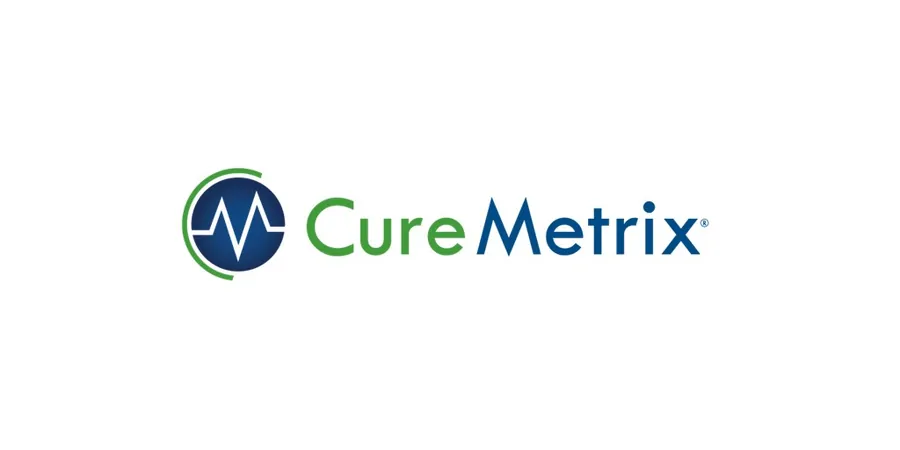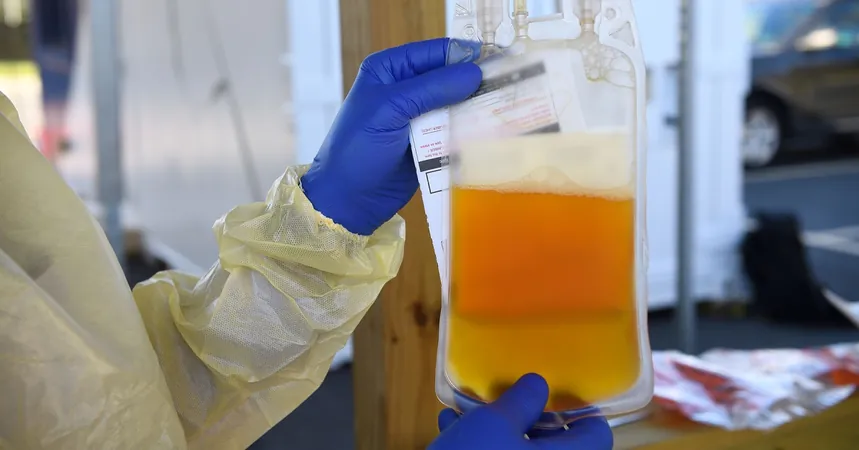
Groundbreaking AI Tool Reveals Hidden Heart Risk in Women's Mammograms: New Study Shows How Breast Arterial Calcification Predicts Cardiovascular Events
2024-10-03
Author: Rajesh
In a significant advancement in women's healthcare, a new study has shown that investigational AI software can effectively detect and score breast arterial calcifications (BAC) from mammograms, potentially serving as a critical tool for predicting cardiovascular disease (CVD) outcomes and mortality. This research, published in the Journal of the American College of Cardiology (JACC) Advances, emphasizes the importance of BAC as a cardiac risk factor.
CureMetrix® announced the findings from their study, which involved over 18,000 women followed for as long as 11 years. Utilizing their proprietary AI-enabled software, cmAngio®, the researchers were able to evaluate BAC presence and extent and associate these findings with various cardiovascular events, including acute myocardial infarction, heart failure, and stroke.
The study's results underscore the relevance of BAC in cardiovascular health, particularly among younger women aged 40 to 59, where higher BAC scores correlate to significantly increased risks. Specifically, every 10-point increase on the Bradley Score™, which ranges from 0 to 100, was linked to an 8% rise in both mortality and composite outcome risk. Furthermore, women with detected BAC exhibited three times the odds of facing adverse cardiovascular outcomes.
Kevin Harris, president of CureMetrix, expressed enthusiasm over the implications of this study: “Scientific validation of using AI to detect breast arterial calcifications not only enhances the accuracy of risk assessment but may also pave the way for personalized preventative strategies in women's healthcare.”
Senior author Dr. Lori B. Daniels, a cardiology professor at UC San Diego School of Medicine, noted the study's aim to raise awareness about the significance of BAC in clinical practice. “By integrating routine screenings with cardiac assessments, we can truly revolutionize preventative care for women, potentially leading to early intervention strategies that save lives.”
This innovative research utilized anonymized patient records from the University of California San Diego Health, highlighting a collaborative effort bridging cardiology, radiology, and primary care to promote improved health outcomes through advanced technology.
As the medical community continues to explore the intersection of artificial intelligence and healthcare, this study highlights a promising new approach to not only detect but utilize subtle indicators of heart health that were previously overlooked. With AI like cmAngio® gaining FDA clearance for BAC detection, the future of cardiovascular risk assessment looks brighter and more innovative than ever.
Stay tuned for further developments in AI applications in medicine, as this is just the beginning of a transformative era in patient care and preventative health strategies!



 Brasil (PT)
Brasil (PT)
 Canada (EN)
Canada (EN)
 Chile (ES)
Chile (ES)
 España (ES)
España (ES)
 France (FR)
France (FR)
 Hong Kong (EN)
Hong Kong (EN)
 Italia (IT)
Italia (IT)
 日本 (JA)
日本 (JA)
 Magyarország (HU)
Magyarország (HU)
 Norge (NO)
Norge (NO)
 Polska (PL)
Polska (PL)
 Schweiz (DE)
Schweiz (DE)
 Singapore (EN)
Singapore (EN)
 Sverige (SV)
Sverige (SV)
 Suomi (FI)
Suomi (FI)
 Türkiye (TR)
Türkiye (TR)